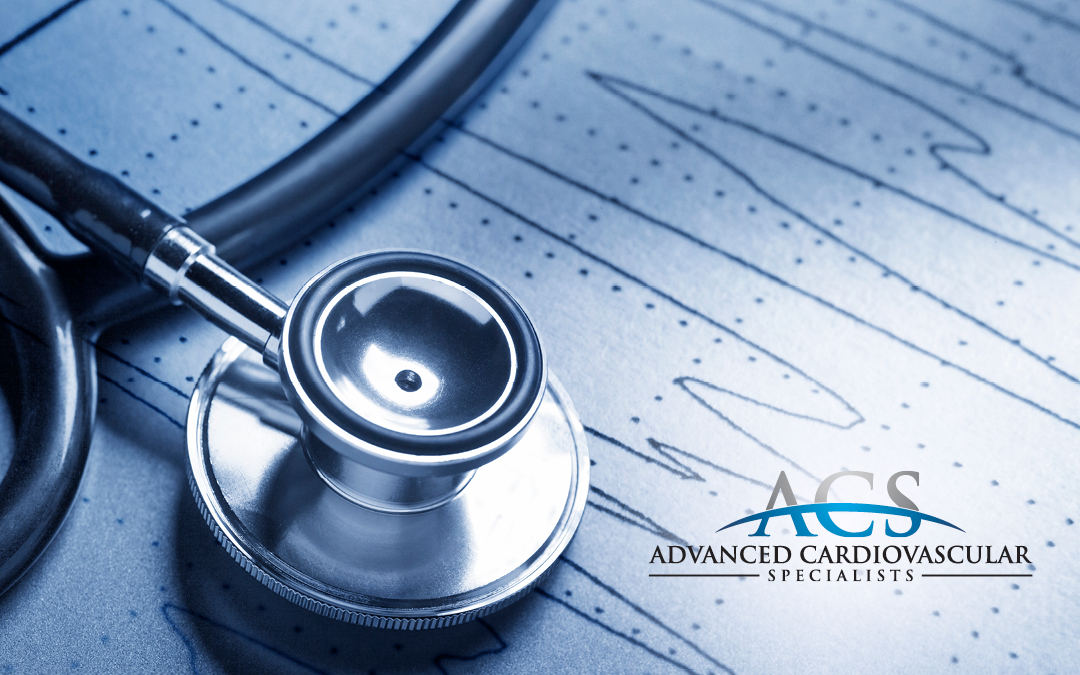Congestive heart failure occurs when the heart muscle does not pump enough blood to meet the body’s needs. The failure can occur when the heart does not pump properly (systolic) or does not fill adequately (diastolic). Heart failure does not mean the heart is about to stop working completely, but it does mean that the heart is failing to keep sufficient blood flow.
Chronic congestive heart failure is often preceded by other heart-related conditions such as high blood pressure or coronary artery disease, which weakens the heart and sometimes leads to heart failure. Other conditions that can damage the heart and potentially cause congestive heart failure include:
- Congenital Heart Defects
- Heart Arrhythmias
- Myocarditis
- Valvular Heart Disease
- Cardiomyopathy
- Chronic Diseases like diabetes, thyroid conditions, hemochromatosis or HIV
Additional risk factors for congestive heart failure include obesity, sleep apnea and excessive alcohol usage.
Symptoms
Heart failure can be chronic and last for many years, or it may start suddenly. Symptoms of congestive heart failure include:
- Shortness of breath, particularly when lying down or with exercise
- Fatigue
- Weakness
- Rapid heartbeat or palpitations
- Swelling in the legs
- Sudden weight gain, water retention and/or abdominal swelling
- Inability or reduced ability to exercise
- Increased nighttime urination
- Loss of appetite and/or nausea
- Persistent cough that can be dry or with mucus
- Brain fog/difficulty concentrating
- Chest pain
Treatment
Treatment for congestive heart failure depends on the severity of the condition. Lifestyle measures (such as reducing sodium or fluid intake), losing weight and controlling conditions (such as high blood pressure or diabetes) may be all that are required. In some cases, medications like diuretics, beta-blockers, antihypertensive drugs, ACE inhibitors or other types of drugs may be prescribed. More severe cases may require a defibrillator device or surgery.
The outlook for people diagnosed with congestive heart failure depends on the type, severity, age and general health of the patient. Although most patients improve with treatment, the condition can be life-threatening. There are also possible complications from heart failure, which include heart valve issues, heart rhythm problems, or kidney and liver damage.
Prevention
Managing your risk factors will help reduce your risk for congenital heart failure. You can reduce your risk by following a healthy lifestyle, which includes:
- Quitting smoking or never starting to smoke
- Maintaining a healthy weight
- Eating a balanced diet
- Exercising daily
- Managing stress
- Limiting alcohol consumption
- Controlling chronic conditions
When to See a Doctor
Make an appointment with your general practitioner or cardiologist promptly if you are experiencing any of the symptoms of heart failure, or if you have already been diagnosed with heart failure and your symptoms become worse or you develop a new one.
Seek emergency medical treatment immediately, if you experience any of the following serious symptoms:
- Chest pain
- Rapid heartbeat with shortness of breath or chest pain
- Sudden shortness of breath and coughing up pink phlegm
- Extreme weakness or fainting
The Heart Failure Clinic at Advanced Cardiovascular Specialists
Advanced Cardiovascular Specialists is proud to provide patients with an in-house Heart Failure Clinic for comprehensive management of congestive heart failure. The clinic offers close follow-up appointments after heart failure hospital admissions, aggressive up-titration of medical therapy, new heart failure treatment options, evaluations for advanced heart failure therapies, heart failure education, cardiac rehab evaluations, and specific heart failure treatment plans individualized to each patient’s needs. Our goal is to provide patients with the very best care with the cardiologist you know and trust.
To make an appointment with one of our experienced cardiologists, call 318-798-9400.

